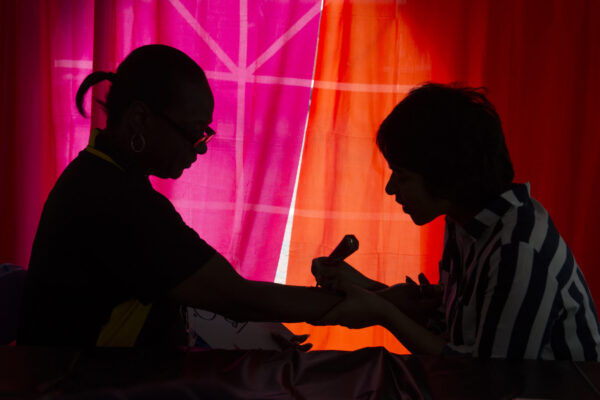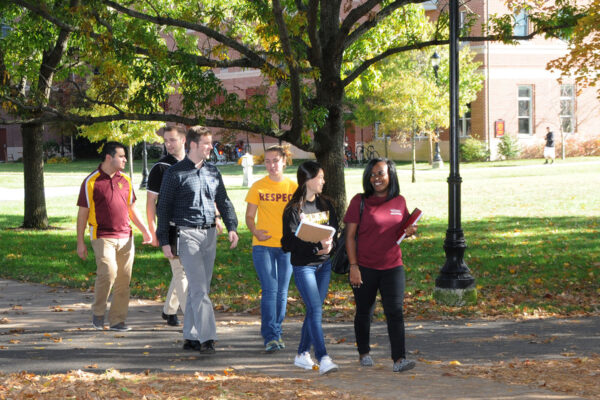ACE2019: Leveraging Philanthropy
An ACE2019 session looked at college and university financial stability, and the role of philanthropy as an important lever for institutional financial well-being. The session engaged campus leaders in a rich discussion, framed by research insights on private foundation giving to colleges and universities, individual philanthropic trends, and public views on philanthropy.
Joining me in the discussion was Benjamin Soskis, a research associate with the Center for Nonprofits and Philanthropy at the Urban Institute, Una Osili, professor of economics and philanthropic studies and associate dean for research and international programs, Indiana University Lilly Family School of Philanthropy, and Liza Primeau, Rockefeller Philanthropy Advisors (RPA).
Since 2017, we at the TIAA Institute have been working with RPA to deepen understanding of effective engagement among college and university leaders and private foundations. The first report from this partnership, Achieving Success in Postsecondary Education: Trends in Philanthropy, has surfaced valuable information about the drivers of foundation giving, priority issues over time, and preferences for how foundations want to work with higher education institutions.
New research findings will be released in a second report later this year. Our ACE2019 session, “Leveraging Philanthropy to Catalyze Change in Challenging Times,” included some findings from this ongoing work. For example, the research reveals that private foundations prioritize giving in support of particular issues, such as improved access by all to higher education, student success, and student debt/affordability. The focus on these issues is combined with a growing emphasis on the support of low-income, first generation students. The research is also showing emerging emphasis on student transitions to careers and strategies to enhance college and university business models.
Additionally, our session featured insights from a new research report released in collaboration with ACE, entitled Key Issues Facing Higher Education Philanthropy authored by Osili, who presented the results during the session. One important take-away is that younger donors want to do things differently. Innovative approaches for engaging millennials (and younger individuals) are needed, leveraging technology and considering attitudes favoring impact investing. More than ever, research shows that donors want to be inspired and see the immediate relevance and impact of their gifts. Higher education institutions should be attuned to changing demographics, cohort behaviors, and societal priorities in order to achieve desired results aligned with philanthropic priorities.
For the past 20 years, the TIAA Institute has been building and sharing knowledge on critical higher education issues, from gender and racial diversity in academia to faculty workforce trends to successful philanthropic investment in colleges and universities. Much of its work is pursued in collaboration with other think tanks, research centers, and higher education associations, including ACE.
The TIAA Institute eagerly looks forward to building on its research and advancing the dialogue about philanthropy as a financial sustainability tool. Forums like ACE2019 and our own convenings allow research to come to life as we are able to engage with leaders who can provide real life examples, ask questions based on experience, and react and inspire possible analysis not previously considered. Together we can connect theory with practice and drive positive results!
—Stephanie Bell-Rose
If you have any questions or comments about this blog post, please contact us.

